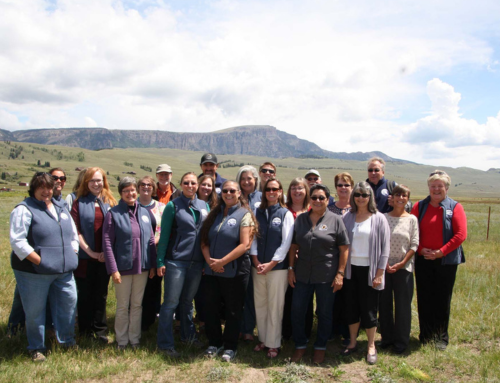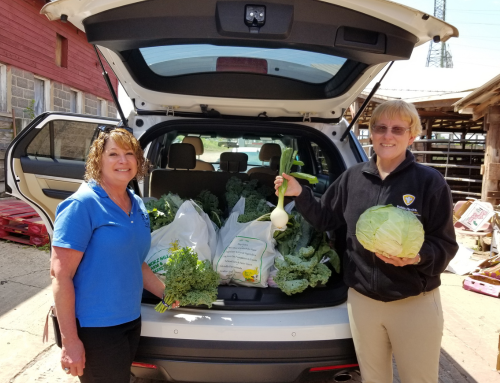The Challenge
In rural western New York in 2011, Genesee and Orleans — two counties of similar geographic size, political make-up and demographics — began to face many of the same public health challenges, including limited resources and staffing shortages.
As budget cuts increased and more staff retired, the managers in both counties, who were long-standing colleagues, realized that their respective public health department operations wouldn’t be sustainable long-term. They knew that in order to continue protecting the health of their communities, they would need to collaborate.
Sharing Staff to Address Critical Public Health Needs
The county managers hoped that by coming together and sharing resources and staff, they could first stabilize, and then ultimately expand the services offered by their departments. So, after exploring options, they decided to move forward and share a director and deputy director to serve both counties.
In 2013, the Center for Sharing Public Health Services awarded the health departments a $125,000 grant to pilot the shared staffing plan. Over the next several years, they were able to expand their shared staffing to include a director of patient services, an environmental health director, a director of children with special health care needs and an emergency preparedness coordinator. They also were able to authorize staff from one county to work in the other.
Results
By coming together to share critical staff members, Genesee and Orleans counties became more efficient and effective in delivering the public health services needed in their respective communities. In fact, the departments estimate that as of 2018, by working together across jurisdictions, they have accrued an “enhanced benefit” of more than $1 million — a term they use in place of “cost savings” because not all benefits necessarily involved spending less money. Just a few of these benefits follow:
- Increased capacity to respond to public health needs and emergencies. Before pursuing the sharing arrangement, Genesee and Orleans counties had completely separate emergency preparedness plans. Now that their plans are aligned, they have doubled the capacity to respond to emergencies like natural disasters and epidemics.
- Reduced personnel costs and increased staff expertise for both counties because of shared management and other staff. Both county health departments now have executive-level leadership in all major program areas, including emergency preparedness, environmental health and early intervention, in addition to an emergency preparedness assistant and case manager. Sharing staff as needed has enabled each health department to fill in gaps due to staff absences and keep up with service demands. Moreover, staff with specialized expertise, who otherwise might have been dedicated to one health department, can now be shared across county lines.
- Secured a public health associate from the Centers for Disease Control and Prevention, who provided two years’ worth of research and analysis activities to both health departments. Previous efforts to secure an associate were unsuccessful, and it’s believed that the combined, larger population served made Genesee and Orleans counties more attractive as a practice site.
Keys to Success
There are several factors that contribute to the joint success of the health departments in Genesee and Orleans counties:
- Maintaining healthy relationships. From the beginning, the two county managers, who were longstanding colleagues, worked together and communicated frequently, laying the groundwork for a strong relationship built on trust and respect.
- Taking time to “prime the pump.” Genesee and Orleans counties took time to lay the groundwork about the pilot for the shared director and deputy director in their discussions with important decision-makers — including county managers, county boards of health and legislatures, and the New York State Department of Health. By “priming the pump” in this way, during frequent discussions over a year’s time, the departments were able to gradually move from sharing high-level issues about the pilot to addressing specifics.
- Convening staff in person as much as possible. Bringing staff from both counties together in person as much as possible was critical for cross-jurisdictional teamwork. The more exposure they had to each other, the more they trusted one another and the better they worked together. These kinds of meetings also can help introduce staff to new shared positions and types of expertise available to them.



